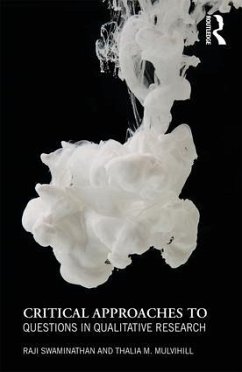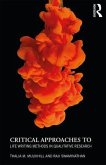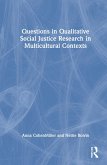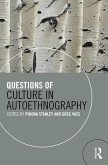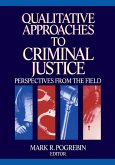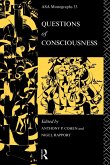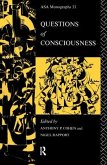Learning how to formulate questions that examine the power relations between the researcher and participants is at the heart of critical approaches. This book provides a comprehensive overview and treatment of critical approaches to questions in qualitative research. It also examines questions as tools for strategic thinking and decision making at all stages of the qualitative research process. Written using examples from research and teaching, it situates constructing and formulating questions as a critical aspect of qualitative research that encourages learning to interrogate, and inquire, against the grain. The authors illustrate the ways in which different research questions necessitate different methodological choices, framing questions for research, interviewing, and analysis-suggesting some questions that can guide the writing process. With exercises, sample questions, and outlines for planning research, this book assists qualitative researchers with creating more effective questions, including formulating questions to guide reflexivity meant to confront prevailing assumptions and therefore dismantle and uncover omissions and invisibilities. This book stands out among other qualitative research methods books in its focus on critical approaches to questions as the driver of the research imagination. Utilising a number of examples, there is also a focused discussion of how to arrive at research questions, align interview questions with those research questions, actively construct questions to guide the data analysis process, and use further types of questions to guide the writing process. The examples the authors employ include questions drawn from qualitative approaches to phenomenology, ethnography, life writing, feminist research, and participatory action research.
Bitte wählen Sie Ihr Anliegen aus.
Rechnungen
Retourenschein anfordern
Bestellstatus
Storno

